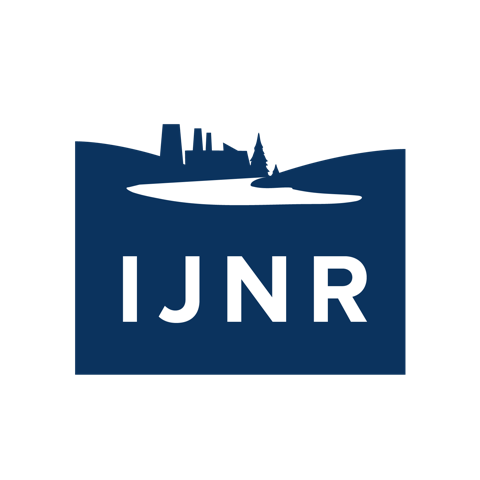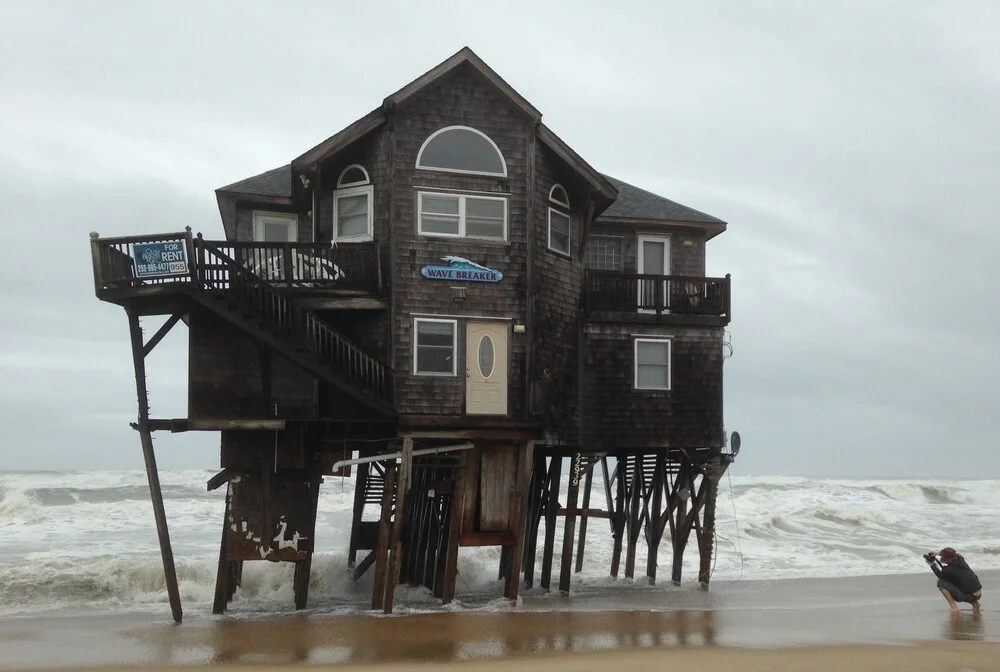Ocean Workshop Series: Southeastern U.S.
March 31 - April 1, 2021
11:00a.m. - 5:30p.m. (eastern)
From Virginia to Florida, warming waters, rising seas and intensifying storms are making it harder to work and live along the Atlantic coastline.
Increasingly intense rain events bring water quality concerns like blue green algae and red tides. Destructive hurricanes loom on the horizon, but municipalities struggle daily with the more mundane threat of “sunny day” floods. Tourist havens are stuck in cycles of replenishing eroding beaches while cities contemplate seawalls and the loaded environmental justice questions of who gets moved out of harm’s way.
But the southeast isn’t only a place of climate impacts – it is also full of potential solutions. Proponents of “blue carbon” tout the unappreciated role coastal wetlands could play in carbon capture. Political opposition to renewable energies ebbs as the untapped resource of offshore wind becomes too promising to ignore. Coastal fisheries commit to finding sustainable futures.
In this two-day virtual workshop, participating journalists had a chance to hear from scientists, local residents, fishermen, elected officials, state agencies, industry representatives and more, as we took a deep dive into pressing environmental, economic and social issues.
Among other things, topics included:
Climate change: how warming waters and melting ice caps are reshaping the U.S. coast, tinkering with the Atlantic current and changing ocean chemistry
Sea level rise: Charleston, South Carolina plans for a $2 billion dollar seawall, while Norfolk, Virginia raises the elevation of new home construction and Nags Head, North Carolina finds itself in an endless cycle of beach “renourishment”
Offshore wind energy: Southeastern states have been slow to adopt renewable energy but the Biden Administration’s focus on curbing greenhouse gases, combined with the competitiveness of wind and solar, may mean a new energy portfolio is on the horizon
Environmental justice: rising waters will disproportionately impact already marginalized communities and decisions about protecting flood-prone communities or relocating water-logged neighborhoods bring up troublesome social equity issues
Participating Journalists
Itinerary
post-workshop stories
Please see our Resources page for session recordings.

